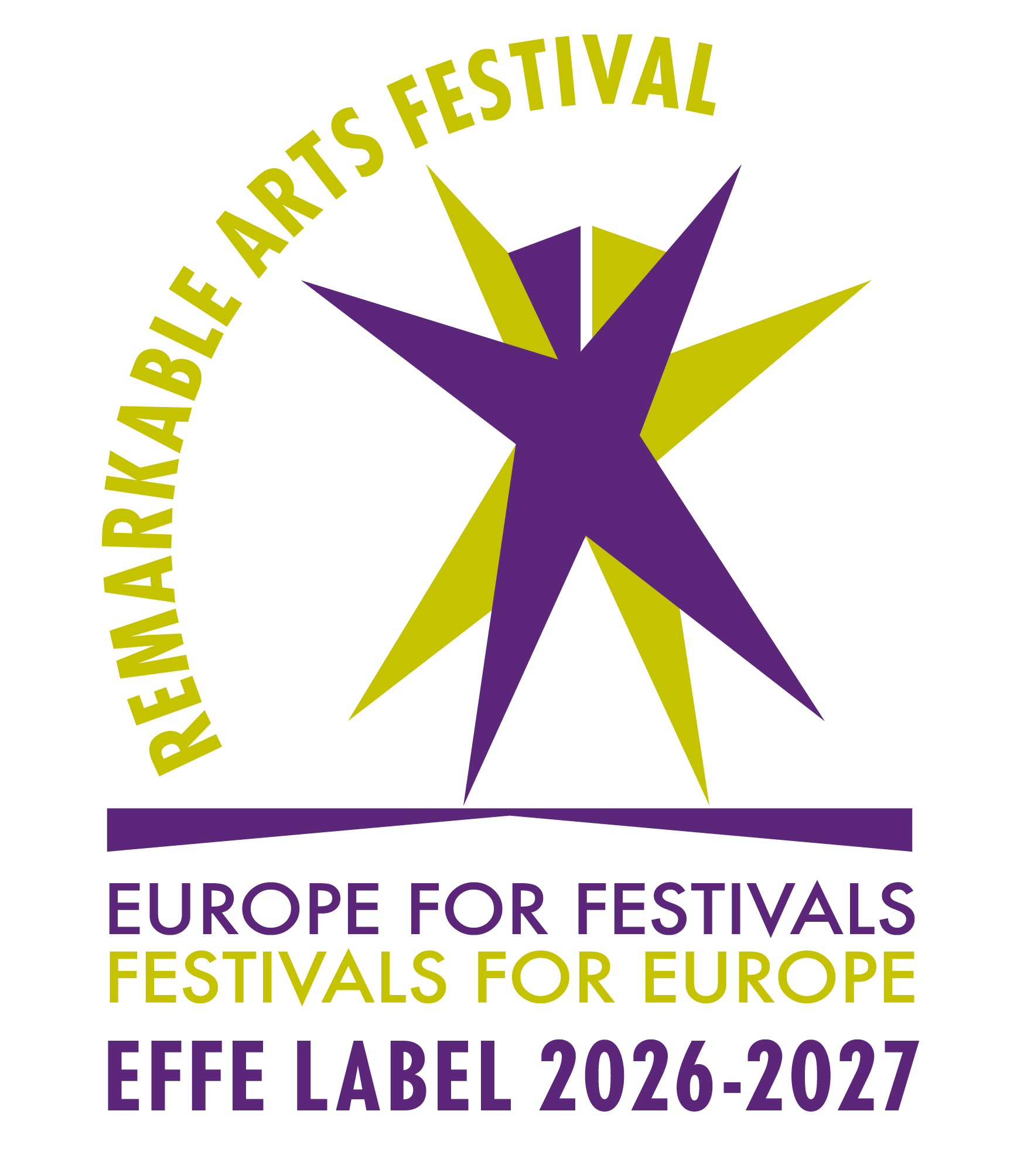Ares Tavolazzi | Elias Nardi | Edmondo Romano | Emanuele Le Pera
May 18, 2010 22:00
Stazione Leopolda di Firenze | IT
Ares Tavolazzi: double bass
Elias Nardi: oud
Edmondo Romano: clarinets, soprano sax, flutes, duduk
Emanuele Le Pera: duff, bendir, darabouka, riqq, cajon, gong, cymbals
The quartet moves forward in a personal musical research, creating a sound bridge between the world of Middle Eastern music and that of Jazz. An original sound mix that springs from the fascinating melodies and gripping rhythms typical of the classical Arab-Ottoman repertory. Plenty of space is allowed for improvisations, an element present in both musical cultures, enriched by the original compositions of the four musicians.
Profound, enveloping melodies, long breaths and rarefied, dilated atmospheres, alternating with insistent, gripping rhythms… in a see-saw of sounds, colours, passions, emotions…
Ares Tavolazzi
He studied cello and double-bass at the Frescobaldi Conservatory of Ferrara. In the Seventies he worked as session-man for a number of Milan record labels; in the same period he joined the historical avant-garde group Area where he remained until 1982, recording over 10 LPs with the group and taking part in numerous shows, some of them international. This experience was to be fundamental for his musical training. During the Eighties he became interested in jazz. He spent some time in jazz circles in New York. This experience led to his final decision to concentrate on improvisation. Upon his return he took part in an Italian tournée with the Gil Evans orchestra, with P. Tonolo, S. Lacy, R. Anderson, L. Soloff and J. Clark.
In 1987 in Ferrara he was awarded the A. Willaert prize as best musician of the year; and in the same year he founded a quintet with B. Cesselli, P. Odorici, M. Tamburini and G. Oleandri with whom he took part in “Umbria Jazz”.
Further collaboration followed over the years: J. Owens, S. Nistico, M. Roach, A. Gray, L. Konitz, H. Johnson, G. Bartz, M. Goodrick, L. Nocella, M. Urbani and many more. From the Nineties to the present he has collaborated and recorded with many Italian and foreign musicians, among others E. Rava, S. Bollani, F. D’Andrea, D. Moroni, E. Zirilli, R. Gatto, D. Rea, S. Cantini, J. Cables, M. Melillo, B. Forman, R. Mantilla, E. Zigmund, J. Basile, P. Fresu… Over the years he has collaborated on a number of theatrical works composing and playing live; recently he took part in two important shows for the Fondazione Pontedera Theatre, Ruth and The Song of Songs.
Elias Nardi
Beginning the study of the oud as self-taught, he deepens subsequently the technique and the Arab muisc theory completing many travels in the Middle-East, following then lessons of Palestinian oud virtuoso Adel Salameh and specializing in the Arab classical music studying with Syrian musician M.Eid al Shaleh. He collaborated with Eid al Shaleh, playing the Arab ancient and classical music patrimony also with Qanun player Bashir Abu al Kher and percussionist Noureddin Laou. In the meantime he pursued jazz studies and classical Double Bass studies with Luigi Giannoni.
Nardi carries on is own project with violin player Savino Pantone, percussionist Emanuele Le Pera and many collaborations where musical research and original compositions cross the world of Arabic music, European Classical and Jazz.
Thanks to its numerous collaborations he played through all Italy in the Academies and Universities (Milano Bicocca, Università degli Studi di Bergamo etc.) in great italian music festivals (like “I suoni delle Dolomiti- Dolomiti di Pace” – Trento, Festival Musikè – Bari, Cascina Monluè/Festival le Notti di San Lorenzo – Milan, Milano Ottagono-Settimana Mediterranea, ecc..) and in National Radios Shows.
Edmondo Romano, a player of many wind instruments, at a very early age started to study instruments of different types from different parts of the world, from bagpipes to zurnas, then flutes, oboes and clarinets, examining divers traditions and musical styles. In 1990 he founded the ethnic composition group Avarta with whom he recorded a number of cds, playing throughout Europe. He has worked with many Italian ethno-folk groups: Charta de mar, Le Vija’, Filippo Gambetta, Comunn Mor, Max Manfredi, Giampiero Alloisio. He has composed and played for numerous theatrical groups, among which the Teatro della Tosse. He also works with several musicians and groups: l’Orchestra Bailam, Vittorio De Scalzi (New Trolls), Armando Corsi, Max Manfredi, the Picchio dal Pozzo formation. He played with Mario Arcari and in Tony Esposito, and has worked with Antonio Marangolo, Eugenio Finardi, Marco Beasley, Eyal Lerner. He has recorded a number of sound tracks for the cinema and television with Pivio and Aldo De Scalzi. In 2007 he joined the Teatro Nudo Company (he wrote the music for Pasolini’s Orgia, Beckett’s Happy Days, Salwa Al-Neimi’s Miele) and took part in the Storia di una meraviglia tour with Maurizio Maggiani.
Emanuele Le Pera uses many percussion instruments in his on-going creative research which leads him to experiment with sound in all its different facets. He studies the darabouka with Lorenzo Gasperoni, the Egyptian master Abdallah Mohammed and the Palestinian master Walid Hussein. For years he has collaborated with different oriental dance artists, among whom Jamila Zaki, Francesca Pedretti, Malika Ferhat, Parvani and Ester D’Argenio. His collaboration continues with the Moroccan singer Aziz Riahi, the Berber-Algerian singer Arezki Adani in the Arezkiensemble group, harpist Patrizia Borromeo in the early music group Perincantamento, song-writer Max Manfredi, the nyckelharpa virtuoso Didier Francois, double bass player Carlo La Manna and clarinet-player Emanuele Gaggini. In a trio with violinist Savino Pantone and oud-player Elias Nardi he works with the Orchestra Gli Archi of Lucca. He collaborates with singer Marina Macrì on the Omaggio a Rosa Balestrieri project.



